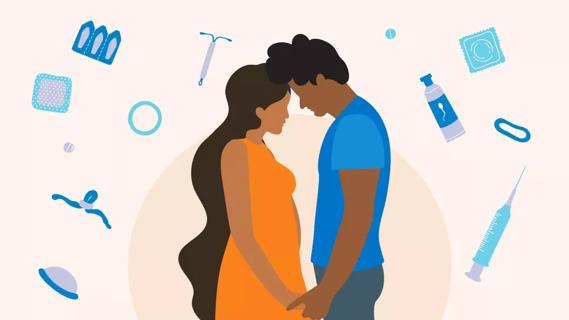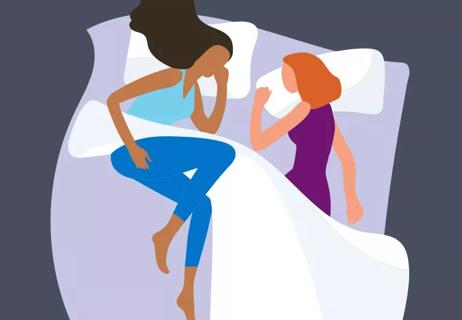Expert advice from medication to making intimacy a priority

Are problems with your erections or low libido putting a damper on your sex life? These issues are fairly common in men over age 50, says psychologist Dana Brendza, PsyD. But this doesn’t mean you can’t work against them.
Advertisement
Cleveland Clinic is a non-profit academic medical center. Advertising on our site helps support our mission. We do not endorse non-Cleveland Clinic products or services. Policy
The first step: Talk to your doctor. It’s unlikely your medical practitioner will initiate this conversation so you need to bring up this topic.
Here are other tips to enjoy an active sex life long past the age of 50:
Advertisement
Advertisement

Sign up for our Health Essentials emails for expert guidance on nutrition, fitness, sleep, skin care and more.
Learn more about our editorial process.
Advertisement

Arousal without orgasm can be uncomfortable, but it’s no reason to pressure sexual interactions

Some foods are thought to rev up your sex drive, despite lack of scientific evidence

If anxiety is keeping you from having the sex life you want, communication, education and therapy can help

Anorgasmia is a fairly common concern with a wide range of physical and psychological causes

Your sexual history directly influences your physical, mental and emotional health in a multitude of ways

‘Safer sex’ means STI prevention, avoiding unintended pregnancies and psychologically safe practices for everyone

Medications and therapy can help get your groove back

It’s perfectly normal for gas pockets to ‘evacuate’ during the motions of sex

Even small moments of time outdoors can help reduce stress, boost mood and restore a sense of calm

A correct prescription helps your eyes see clearly — but as natural changes occur, you may need stronger or different eyeglasses

Both are medical emergencies, but they are very distinct events with different causes